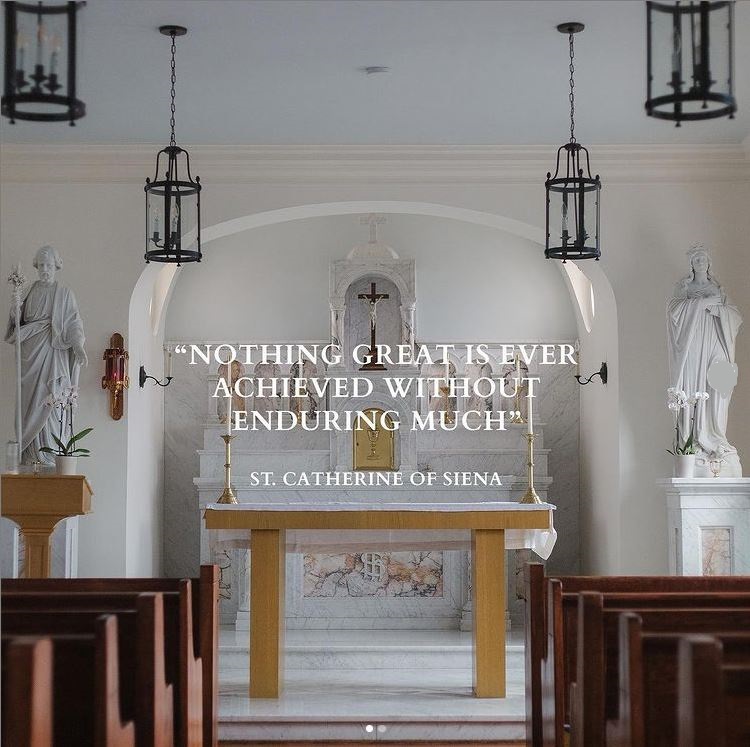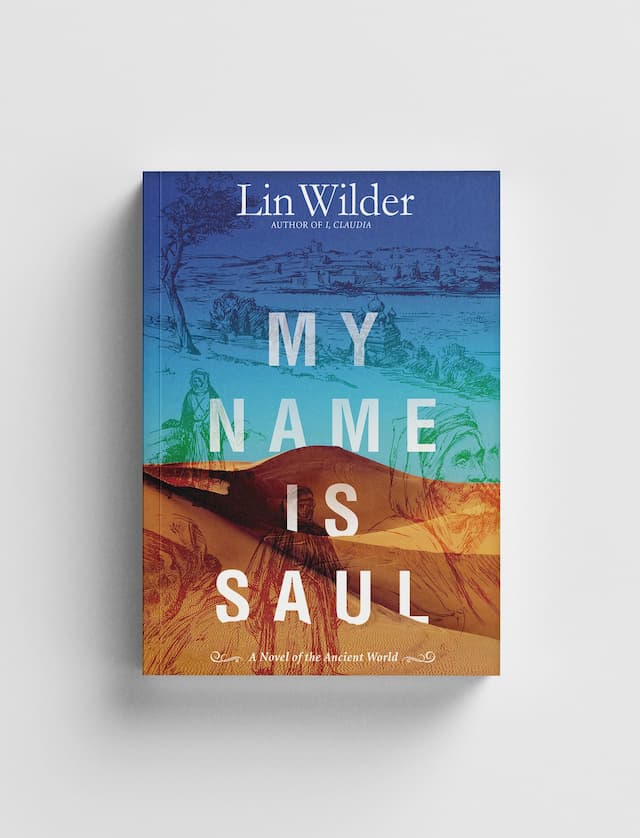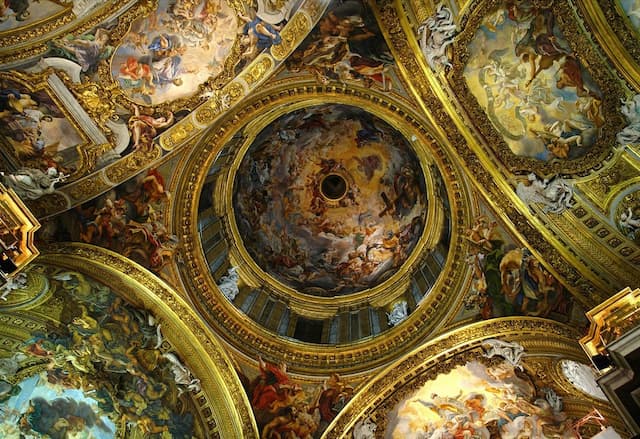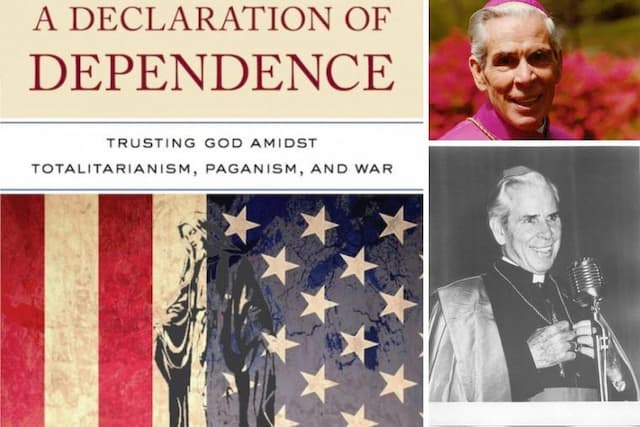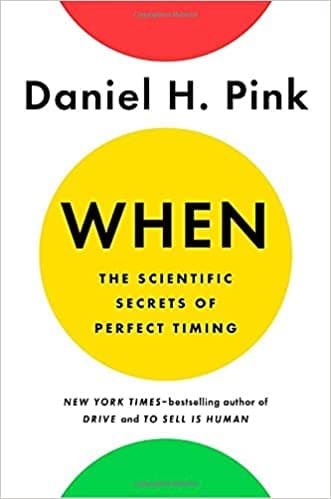Real Poverty-Not Knowing What We Lack - Lin Wilder

Real Poverty-Not knowing what we lack.
We hear the phrase a lot: “Blessed are you who are poor, for yours is the kingdom of God.” And recall that St. Mark qualifies St. Luke’s with two words: “Blessed are the poor in spirit.”
Until hearing a homily by EWTN priest Fr. Mark Mary, I’d not given any thought to the qualifier, “poor in spirit.” When hearing that beatitude, my mind automatically interpreted the words of Christ to mean material poverty: the poor have far more chance of making heaven than do we who have received such abundance. Real poverty-not knowing what we lack.
The Gospel passage for that day was:
Jesus summoned his Twelve disciples
and gave them authority over unclean spirits to drive them out
and to cure every disease and every illness.
The names of the Twelve Apostles are these:
first, Simon called Peter, and his brother Andrew;
James, the son of Zebedee, and his brother John;
Philip and Bartholomew,
Thomas and Matthew the tax collector;
James, the son of Alphaeus, and Thaddeus;
Simon the Cananean, and Judas Iscariot
who betrayed Jesus.
Jesus sent out these Twelve after instructing them thus,
“Do not go into pagan territory or enter a Samaritan town.
Go rather to the lost sheep of the house of Israel.
As you go, make this proclamation: ‘The Kingdom of heaven is at hand.’”
It is the homilist’s allusions to poverty
as a universal that I keep pondering long after listening to the sermon: Even those of us with material wealth have poverties. The more I ruminate on the paradox, perhaps especially those of us with material wealth.
- We all have poverties…
- Things we lack, a scarcity that steals our joy, keeps us anxious, insecure and full of fear.
- Maybe it’s the absence of a certain job or degree.
- Or an inability to control our addiction to food, sex, drugs, alcohol, shopping…
- Or any of the myriad of ways for twenty-first century humans to distract ourselves from what is true and Good.
- Maybe it’s this microscopic virus that has suffused our world with panic for eighteen months now.
- Or the fact that we are black or female or hispanic or…and therefore warrant some kind of payment from those who are not.
- Our real poverty is not knowing what we lack.
The speed with which our national sense of what is moral and true has been eclipsed by a relentless stream of bizarre ideologies is dizzying. And yet millions of Americans believe-or pretend to believe- increasingly outlandish claims. Thus fitting in nicely with Vaclav Havel’s greengrocer. (more on Havel’s greengrocer momentarily.) The latest of these outlandish claims being our President’s invitation to the United Nations to investigate America’s “systemic racism.”
Is it not preposterous that the very political party that fought to keep slavery 150 years ago now trumpets racism as a rallying cry for… what exactly? But the greengrocers know the safest thing to do, correct?
Our individual and national poverty is not our helplessness, our powerlessness over any of these things or people. Or even the untrammeled anger simmering about us. Our real poverty not knowing what we lack. But first, a look at one of the drivers now controlling nations and their leaders, through the lens of a man who knows totalianism and post-totalarianism.
In 1978 Vaclav Havel wrote a lengthy essay, now a book, called the Power of the Powerless.
For a brief but excellent biography of this unsung hero, Vaclav Havel, the former President of the former nation of Czechoslovakia, click here.
Havel’s description of the greengrocer who displays in his shop, a sign saying “Workers of the World, Unite!” descibes an increasing number of American citizens. The grocery store owner displays the sign not because of Marxist passion but because the shop owner knows the penalty for disloyalty. The sign is not a symbol of any enthusiam for the regime but of his submission to and humiliation by it.
Just so were the “Black Lives Matter” and “Women for Choice” signs I saw last year in front of a frame store in our sleepy college town of San Luis Obispo during the demonstrations fueled by black activists and college faculty always up for a good riot. The BLM demonstraters demanded, and many received, reparations from the local businesses for the slavery they-and we- are told to be enraged by.
Although the word “totalitarian” is not one Americans would accept, Havel’s words chillingly describe a world-wide post totalitarian ideology which suffuses these years of 2020 and 2021: (the italicized sections are mine)
Here, by the way, is one of the most important differences between the posttotalitarian system and classical dictatorships, in which this line of conflict can still be drawn according to social class. In the posttotalitarian system, this line runs de facto through each person, for everyone in his own way is both a victim and a supporter of the system.
What we understand by the system is not, therefore, a social order imposed by one group upon another, but rather something which permeates the entire society and is a factor in shaping it, something which may seem impossible to grasp or define (for it is in the nature of a mere principle), but which is expressed by the entire society as an important feature of its life. The fact that human beings have created, and daily create, this self-directed system through which they divest themselves of their innermost identity is not therefore the result of some incomprehensible misunderstanding of history,. nor is it history somehow gone off its rails. Neither is it the product of some diabolical higher will which has decided, for reasons unknown, to torment a portion of humanity in this way.
It can happen and did happen only because there is obviously in modern humanity a certain tendency toward the creation, or at least the toleration, of such a system. There is obviously something in human beings which responds to this system, something they reflect and accommodate, something within them which paralyzes every effort of their better selves to revolt. Human beings are compelled to live within a lie, but they can be compelled to do so only because they are in fact capable of living in this way. Therefore not only does the system alienate humanity, but at the same time alienated humanity supports this system as its own involuntary masterplan, as a degenerate image of its own degeneration, as a record of peoples own failure as individuals.
What can we do? Amidst such blindness?
Alone?
Nothing.
With Him who became like us in every way but sin?
“We can do all things in Him…”trusting that even though it feels like He has turned away His face from this country, from our loved ones who have fallen away from the light, He will use it for good. And look to the Apostle of the Apostles for guidance.
” …For I do not love only in words; but my loving heart too is in unison with my heart; and so I speak with confidence, without restraint or reserve….” St John Chrysostom writes of St Paul: “There was nothing more capacious than the heart of Paul, for he loved all the faithful with as intimate a love as any lover could have for a loved one….And what marvel is it that his love for the faithful was such, since his love embraced the unbelievers too, throughout all the world?”
Real poverty-not knowing what we lack.
I lived much of my life far away from God and his Law. Therefore upon accepting a task that felt impossible: a book about the early life of St. Paul, I felt more than a little unsettled. Yet. looking back, I feel only gratitude for that year of struggle.
More than once, I suggested he rest from the ordeal of revisiting these terrible memories … that surely he exaggerated
his feelings and actions in the telling. I begged him to consider shortening or even deleting the stoning of Abighail and her
daughter.“What purpose does their story serve?” I asked. “How would knowing about your murderous past help any of us? The events you speak of took place more than three decades ago—years before most of your followers—including me—were born.”
“NO, Aurelius!” he insisted. “Write this precisely as I say it! All must know who I was, what I did, what I was capable of. Only then can they understand the immensity of the gift we receive! Only then will they comprehend that the words you write tonight—and all of the thousands of words I have written over the last decades—are not mine.
How could they be? How could such a contemptible man write of such truth, wisdom, beauty, mercy, forgiveness?”
Only that once did this saint raise his voice to me. During the endless weeks when I’d treated him so ill, he’d been nothing but pacific, meek, and kind. His ire was aroused only when I attempted to mitigate his self-condemnation.
